Trump confirms Waltz’s departure, taps Rubio for interim National Security role
- Update Time : Saturday, May 3, 2025
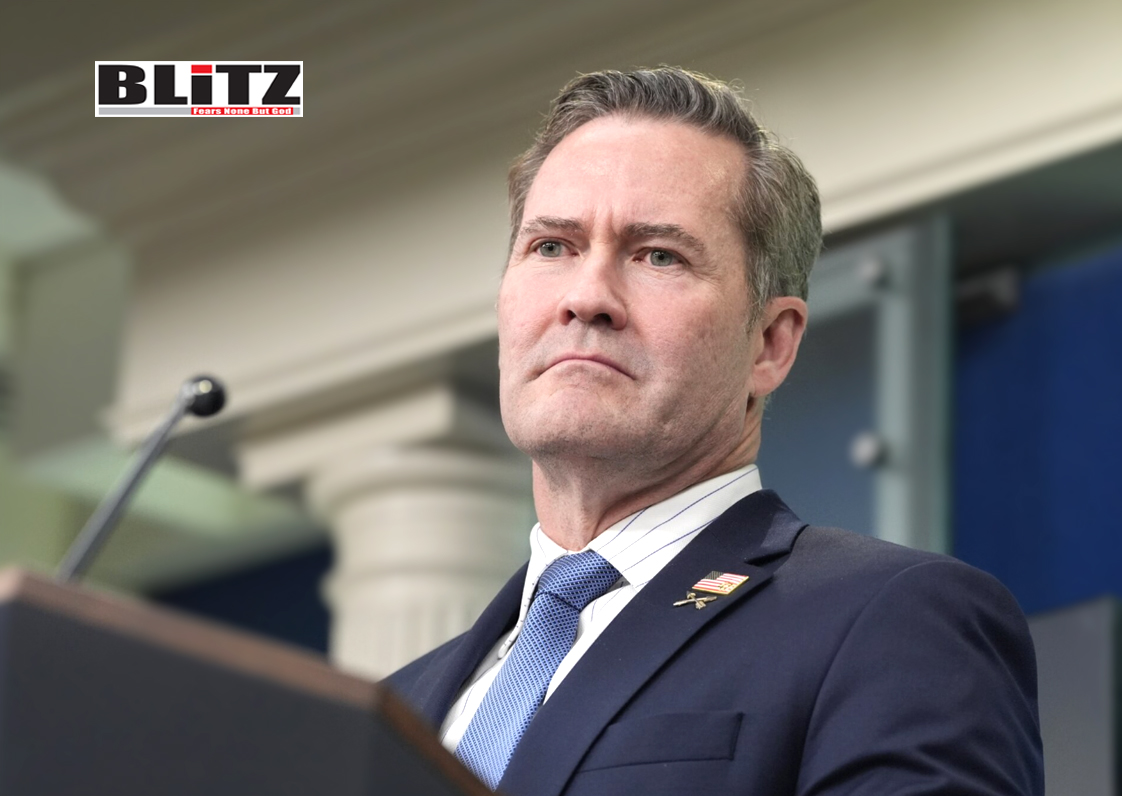
US President Donald Trump has confirmed that National Security Adviser Mike Waltz will be leaving his post, announcing plans to nominate him as the next American ambassador to the United Nations. In the interim, Secretary of State Marco Rubio will assume Waltz’s national security responsibilities, even as he continues to lead the State Department.
The announcement, made via Trump’s Truth Social platform on May 1, follows growing speculation about Waltz’s future in the administration. Praising Waltz’s record as an army veteran, former Congressman, and national security adviser, Trump stated, “I am pleased to announce that I will be nominating Mike Waltz to be the next United States Ambassador to the United Nations.”
Trump, however, did not clarify whether Waltz had already vacated his position or was in the process of doing so. Nor did he indicate a timeline for a permanent replacement for the national security post. Instead, he emphasized that Rubio would take over “temporarily” and lauded his “strong leadership” at the State Department, suggesting that Rubio’s dual role could extend for some time.
Waltz’s sudden departure comes amid the lingering fallout of the so-called “Signalgate” scandal earlier this year. In March, The Atlantic reported that an internal group chat involving senior Trump administration officials-focused on a potential US military strike against Yemeni Houthi militants-had been accessed by a journalist.
The breach reportedly occurred after Waltz mistakenly added an editor from The Atlantic to the group chat, having saved the journalist’s contact information under an incorrect name. The resulting leak created a media firestorm and raised serious concerns about operational security at the highest levels of government.
While Waltz publicly admitted his error during a Fox News interview and said he took “full responsibility,” many in Washington speculated that the incident had irreparably damaged his standing within the Trump administration. On May 1, Fox News cited unnamed sources saying that Waltz had been fired earlier that day, although conflicting reports later suggested he was still officially in his role but preparing to leave imminently.
As of now, Trump has not named a permanent successor to Waltz. Politico reported that Trump’s special envoy, Steve Witkoff, was being considered as a “leading pick” to replace Waltz. However, CNN journalist Alayna Treene cited sources close to Witkoff who indicated he is not interested in the position and his team does not expect Trump to select him.
The lack of clarity around a permanent replacement hints at some disarray within the administration’s national security apparatus. Some insiders suggest that Rubio’s interim stewardship could last several months, especially if Trump and his advisors prefer to avoid another Senate confirmation battle during an election year.
Rubio’s new role atop the National Security Council adds significantly to his already heavy workload as Secretary of State. His appointment underscores Trump’s deep trust in Rubio, who has increasingly become one of the president’s most influential cabinet members.
Still, juggling two of the nation’s most critical foreign policy roles will present challenges. The State Department is already heavily engaged in several crises, including tensions with China over Taiwan, negotiations with Israel and Arab states over Gaza, and a delicate balancing act with European allies over the war in Ukraine. Now, Rubio will also oversee national security policymaking at the White House, requiring constant coordination with the Pentagon, intelligence agencies, and other branches of government.
According to sources familiar with the matter, Rubio has already begun meeting with National Security Council staff and is expected to rely heavily on senior NSC aides to manage daily operations.
Despite the circumstances surrounding his departure, Waltz’s nomination to the UN represents a significant opportunity for redemption. Trump’s announcement highlighted Waltz’s foreign policy experience and suggested that his military background would be an asset at the international body.
However, Waltz may face a difficult confirmation process in the Senate, where Democrats and even some Republicans are expected to scrutinize his handling of sensitive information during the Signalgate episode. Some lawmakers have already hinted they may press Waltz on whether his operational security lapses could impact his ability to represent US interests at the UN, especially amid growing tensions with Russia and China.
Still, Waltz’s loyalty to Trump and his alignment with the administration’s America First foreign policy agenda could help rally Republican support behind him. His military credentials and congressional experience are likely to be key elements of his defense during confirmation hearings.
The abrupt reshuffling within Trump’s national security team reflects broader volatility within the administration as the 2024 election looms. With foreign policy becoming an increasingly central campaign issue, Trump appears to be tightening his inner circle, favoring trusted loyalists like Rubio over newer or less-tested officials.
Whether this shakeup will stabilize the administration’s foreign policy efforts or inject further unpredictability remains to be seen. Either way, Waltz’s departure, Rubio’s expanded role, and the search for a permanent national security adviser are poised to shape the Trump administration’s approach to global challenges in the months ahead.


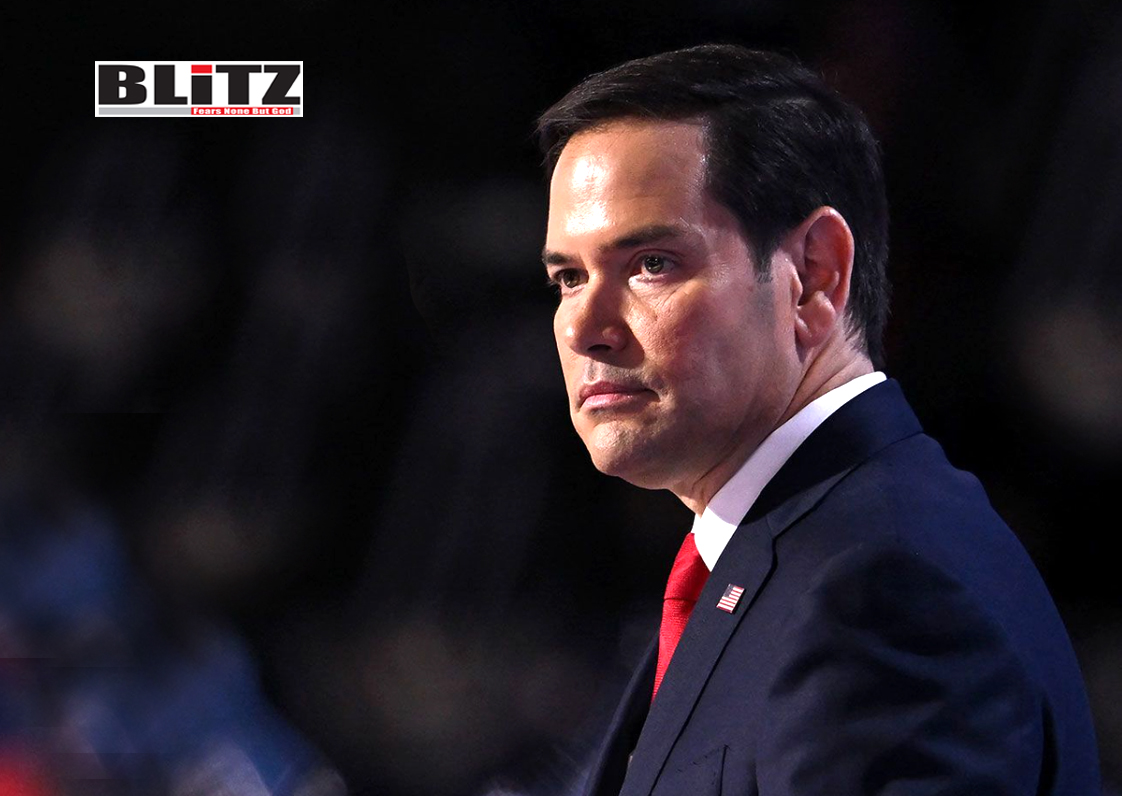
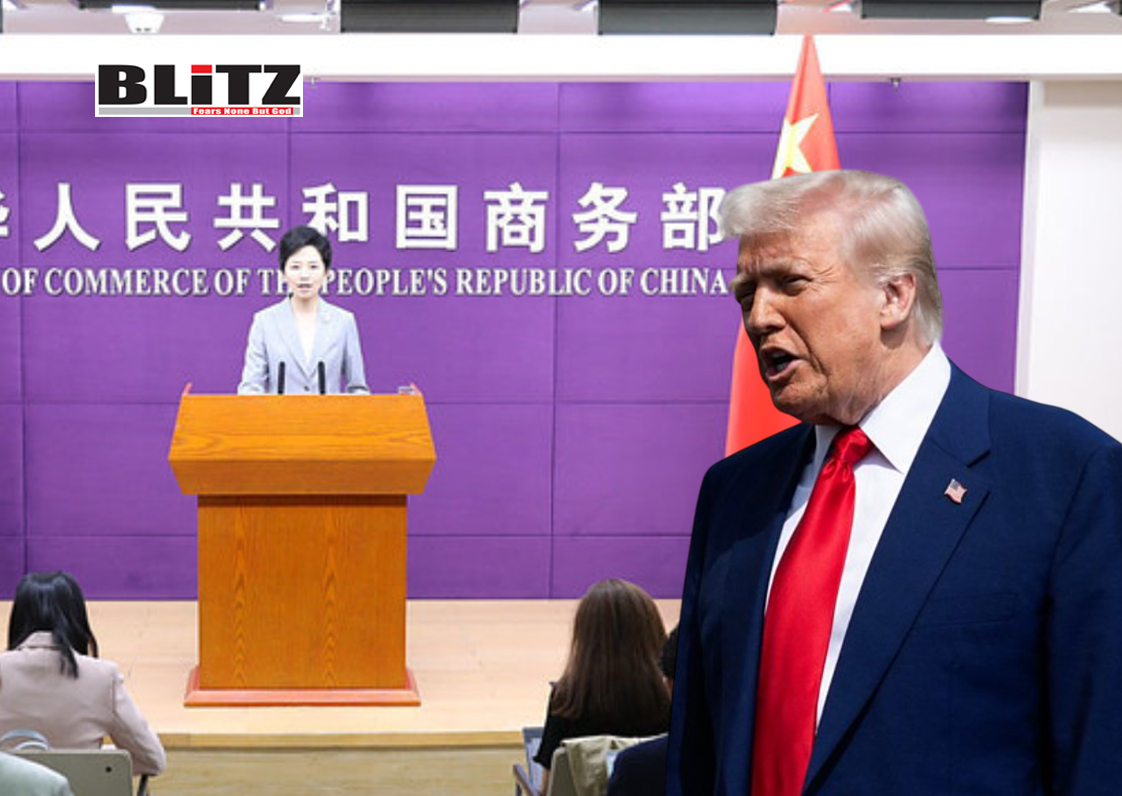
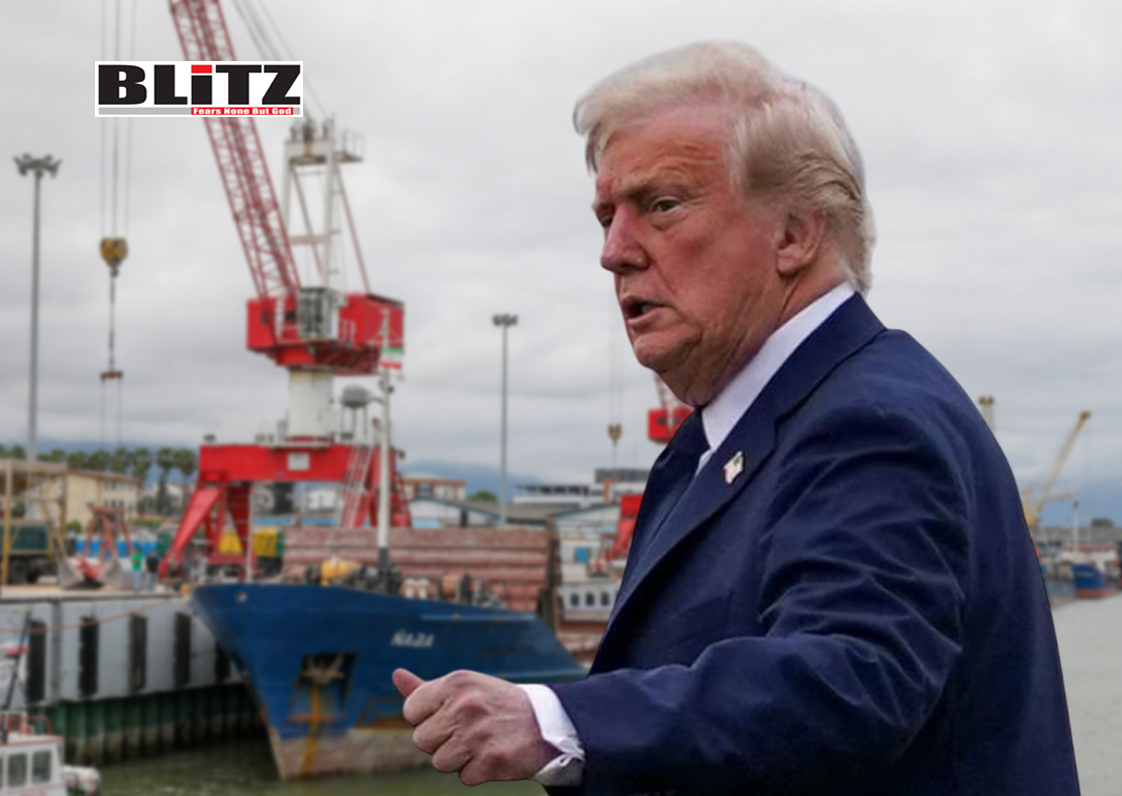
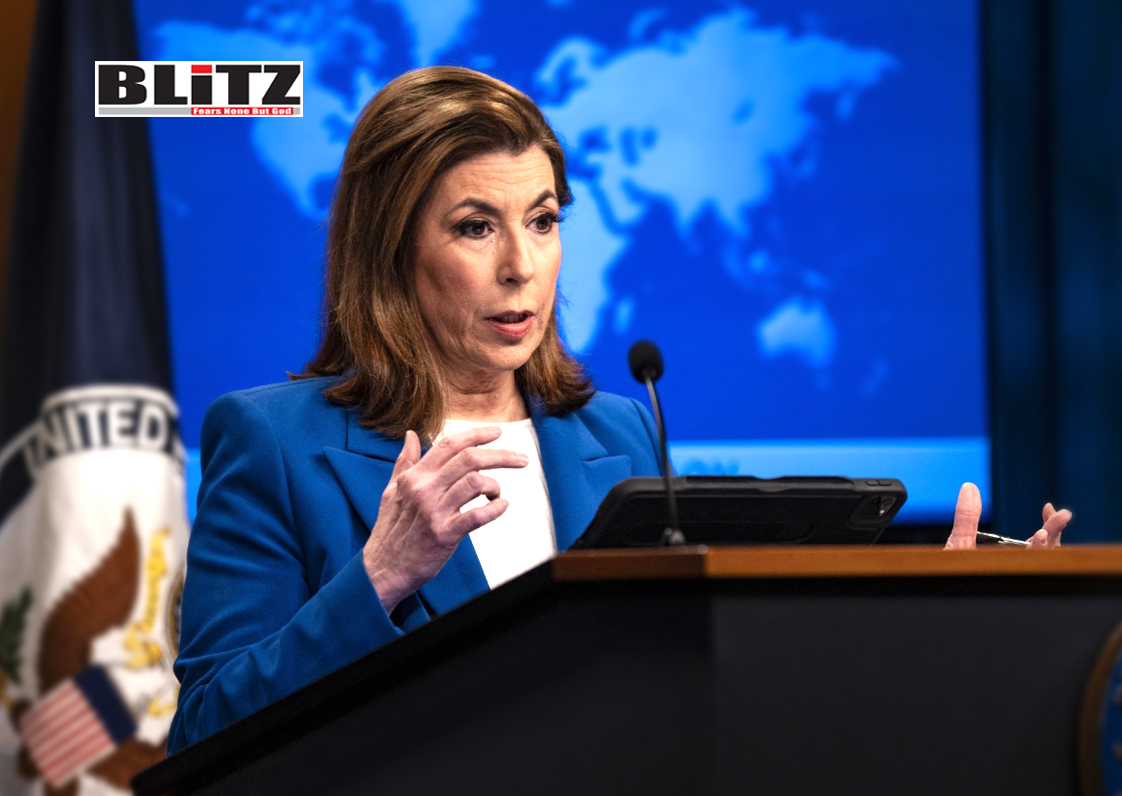
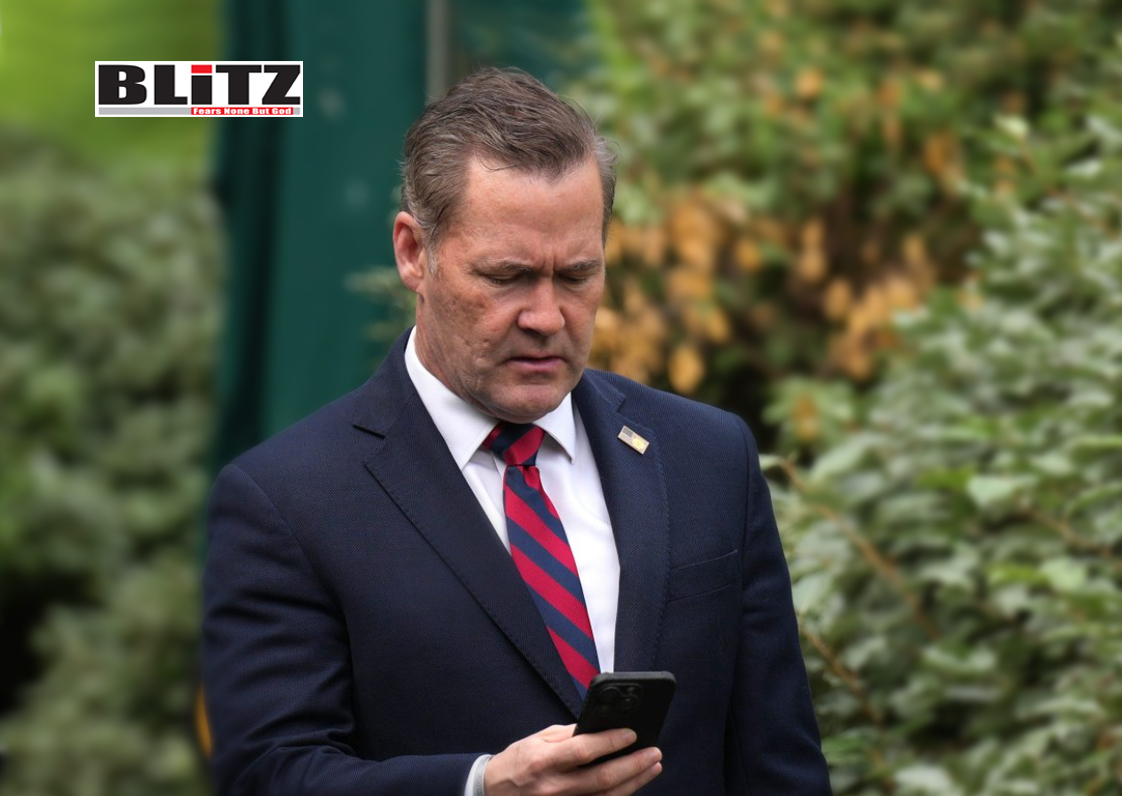
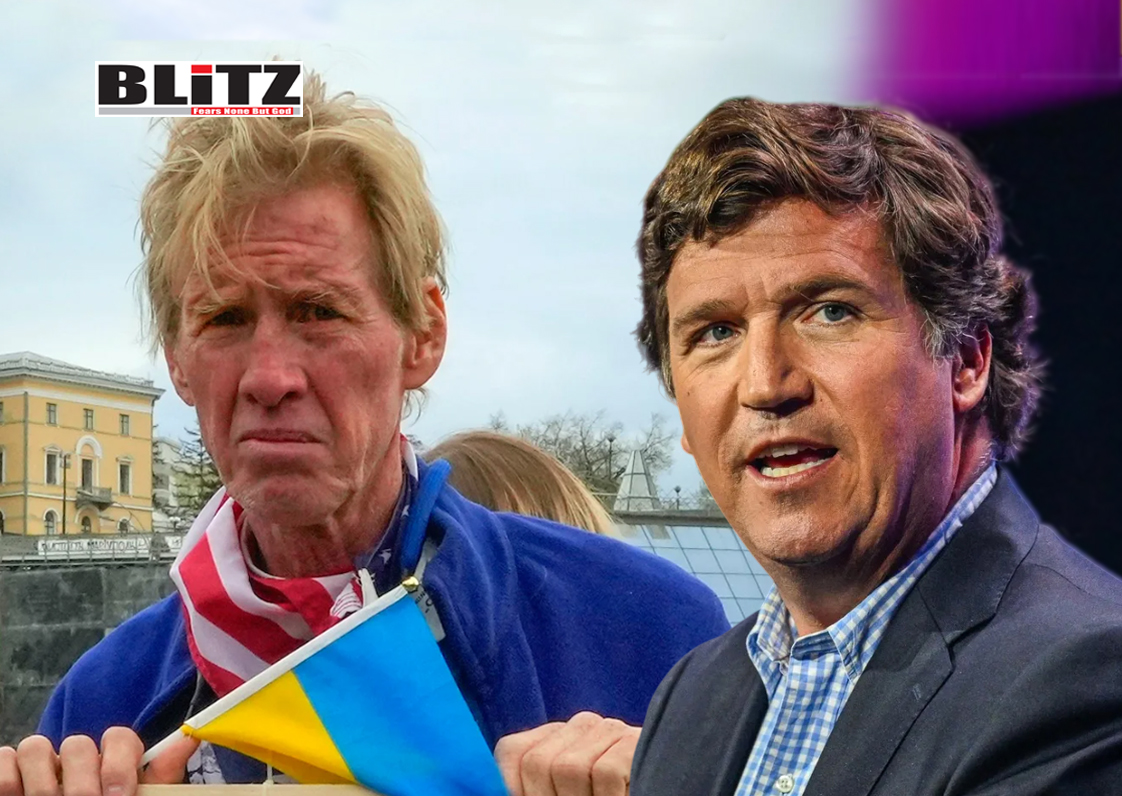


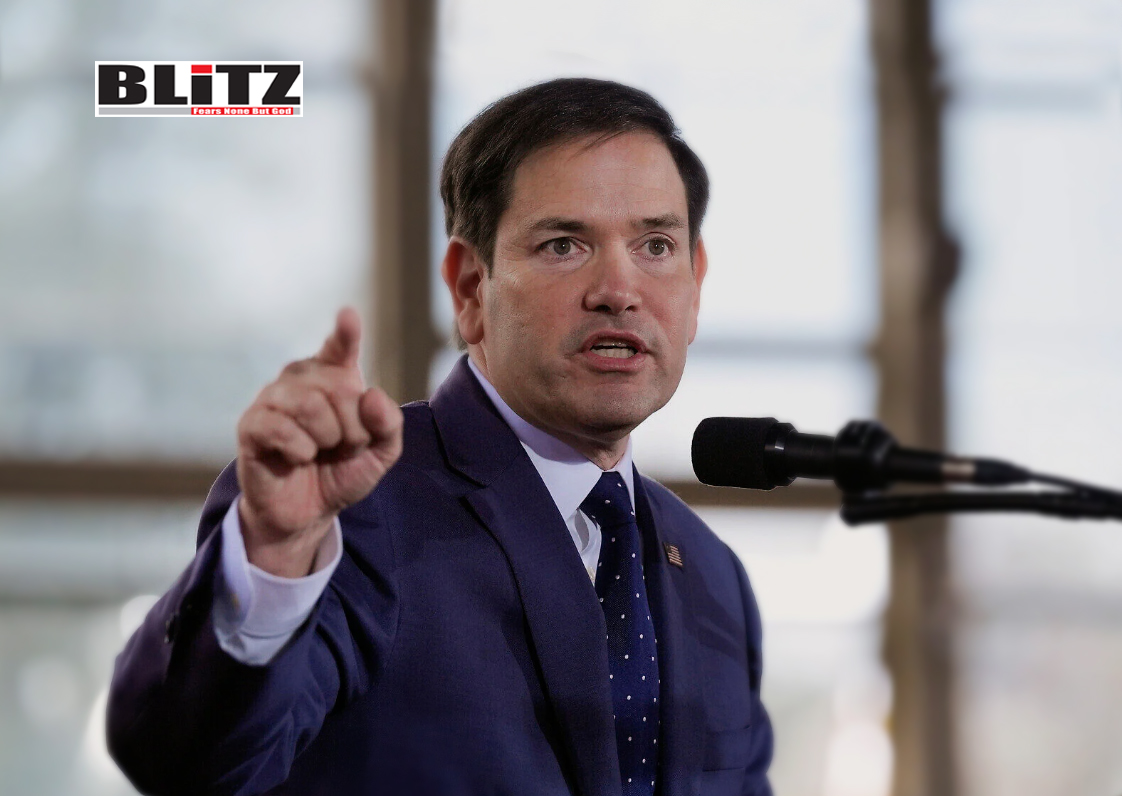
Leave a Reply